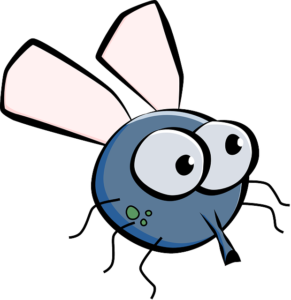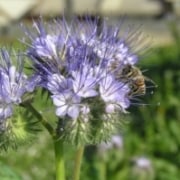What’s Bugging Your Garden
Less Toxic Pests Remedies
By Engrid Winslow

Image by André Santana from Pixabay
What’s bugging your garden? Mysterious holes in the leaves of your favorite rose? Earwigs buried deep in the leaves of your lettuce? Flea beetles mangling your perennials and vegetables? Most people are averse to creepy crawlies in their gardens but, please, BEFORE you reach for the chemicals to blast them into the stratosphere, consider that all of the insects are essential to having a healthy garden and planet. So here are a few suggestions for less toxic remedies of getting rid of garden pests to try in your garden.
Slugs – small saucers of beer tucked under leaves will attract them and they will fall in and drown. Slugs aren’t picky so don’t waste a craft brew on them – Coors works just fine.
Earwigs – There are a couple of things you can try for these and one is a small saucer of soy sauce with a little bit of vegetable oil and you’ll get the same results as with the slugs, above. You can also roll up several sheets of newspaper and get them fairly wet. Slide them under your plants in the evening and throw them away in the morning.
Aphids – These are a very weak, soft-bodied insect that feed on tender new foliage and buds. You can bet that if you have aphids, you will soon have a host of ladybugs feasting on them. If you can’t wait, then use soapy water with a few drops of oil and spray or dab on the foliage. You can also use garlic spray.

Photo courtesy of pixabay.
Flea and other beetles – Diatomaceous earth is a mineral composed of the skeletal remains of tiny sea creatures. It has edges that are sharp and will pierce the bodies of beetles and cause them to dry out. It will harm beneficial insects and earthworms, so use sparingly. Also, don’t breathe it into your lungs.
Other insects – Use a lightweight row cover to protect young plants and the ones that are being chomped on the most.
There are other products available at most garden centers now that gardeners are more aware of the consequences of the use of most pesticides to insects, animals, fish and even people. Some of the best tools in your arsenal are: (1) creating biodiversity and selecting plants that attract pollinators and (2) nurturing the soil by using products such as compost and nettle teas. Recognize that most pests run their course if you are patient and wait for their predators to show up.





Leave a Reply
Want to join the discussion?Feel free to contribute!